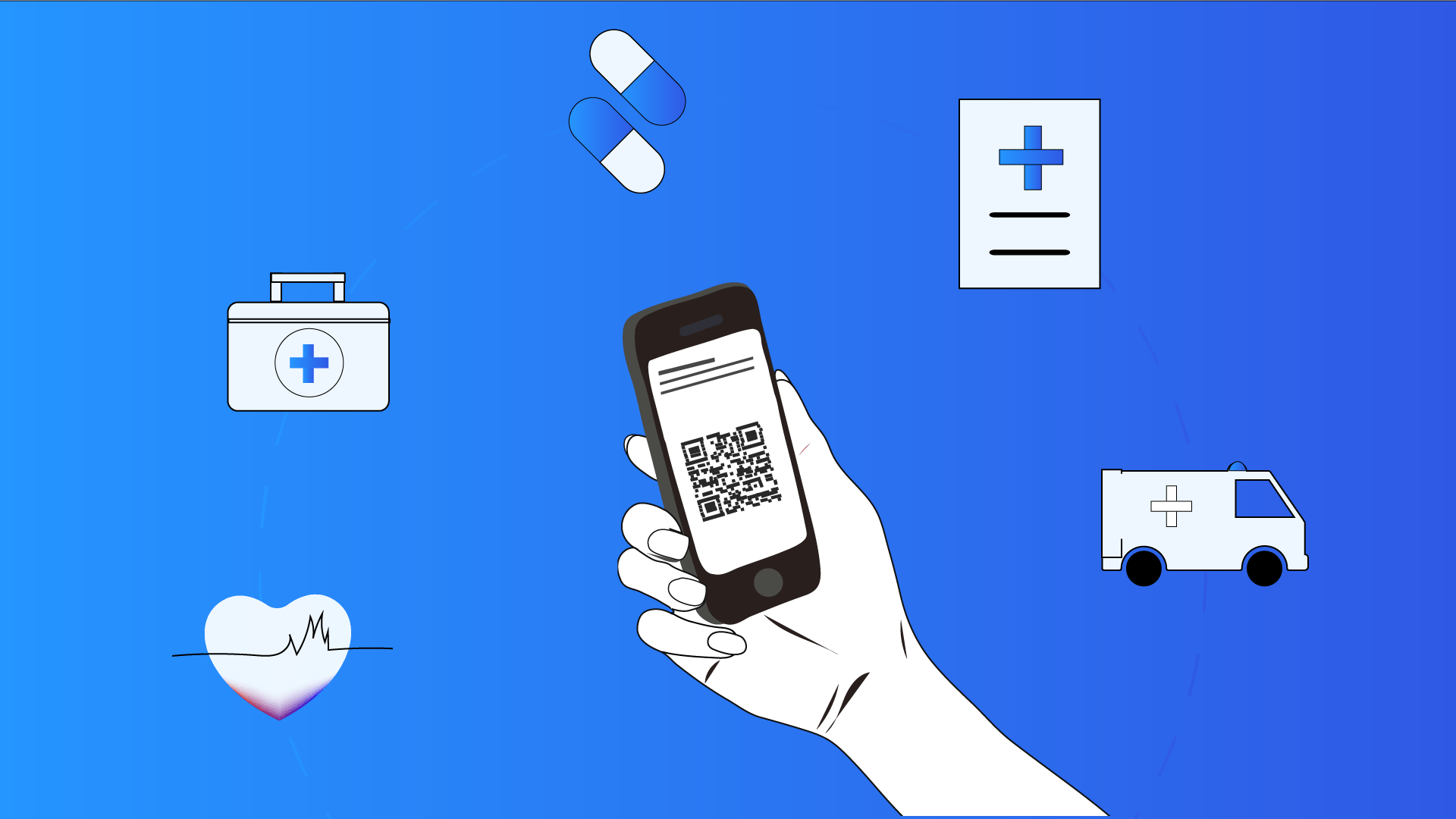In the ever-evolving realm of healthcare, technology plays a pivotal role in enhancing efficiency, improving patient outcomes, and promoting accessibility. QR codes, or Quick Response codes, have emerged as a transformative tool with the potential to revolutionize various aspects of healthcare, from patient engagement to medical data management. These versatile two-dimensional barcodes, easily scanned by smartphones and other devices, hold the key to a more seamless, personalized, and data-driven healthcare experience.
Streamlining Patient Registration and Access
QR codes have the potential to streamline patient registration and access, reducing wait times and enhancing patient satisfaction. By embedding QR codes in appointment reminders, patients can quickly scan the code upon arrival, providing their information to the system and expediting the check-in process. Additionally, QR codes can be used to generate digital patient identification cards, eliminating the need for physical cards and ensuring easy access to medical records.
Enhancing Patient Education and Engagement
QR codes can empower patients to take an active role in their healthcare by providing instant access to educational materials and resources. Embedded in discharge instructions, medication labels, and patient education brochures, QR codes can direct patients to relevant websites, videos, and interactive tools. This personalized approach enhances patient understanding, promotes informed decision-making, and fosters better self-management of chronic conditions.
Facilitating Telehealth and Remote Patient Monitoring
QR codes can facilitate telehealth and remote patient monitoring, enabling healthcare providers to connect with patients virtually and track their health status from afar. By scanning QR codes, patients can access telemedicine platforms, schedule virtual consultations, and share their medical data securely. This remote monitoring approach can improve patient outcomes, reduce unnecessary hospital visits, and provide timely interventions for at-risk patients.
Optimizing Supply Chain Management and Inventory Control
QR codes can streamline supply chain management and inventory control in healthcare settings. Embedded on medical devices, pharmaceuticals, and laboratory specimens, QR codes can provide real-time tracking of their location, usage, and expiration dates. This data-driven approach optimizes resource allocation, reduces stockouts, and ensures the availability of essential supplies.
Enhancing Patient Safety and Medication Adherence
QR codes can play a crucial role in enhancing patient safety and medication adherence. Embedded on medication labels and patient wristbands, QR codes can provide healthcare providers with instant access to patient medication history, allergies, and dosage instructions. This real-time access to critical information can prevent medication errors, reduce adverse drug events, and improve medication compliance.
Conclusion
QR codes are not just technological advancements; they represent a transformative force in the future of healthcare. Their ability to streamline processes, enhance patient engagement, and promote data-driven decision-making positions them as essential tools for healthcare providers and patients alike. As QR code technology continues to evolve, we can anticipate even more innovative applications that will further redefine the healthcare landscape, empowering patients to take control of their health and healthcare providers to deliver more personalized, efficient, and effective care.



